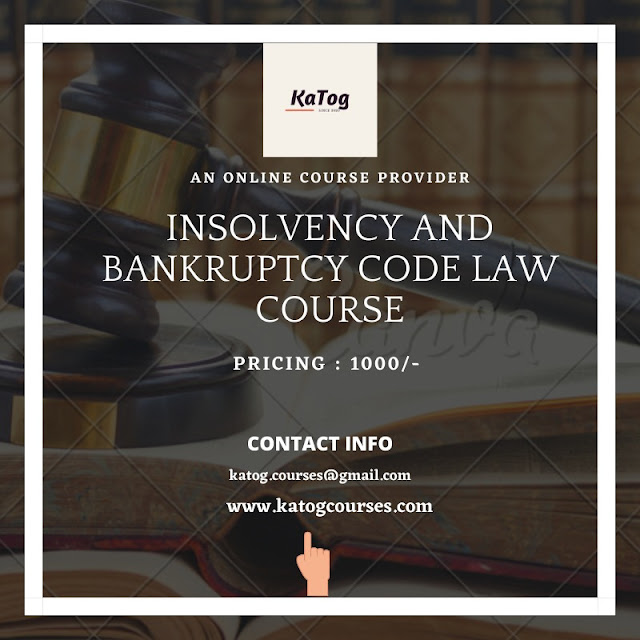Online Exhibition
Questions of Accountability: Prerogatives, Power and Politics
1-5 November 2021, University of Worcester and University of Sheffield
Accountability is a chameleon concept. Demanded by democracy but often secured alongside something of a ‘gotcha!’ mentality, events such as the Covid-19 crisis, the Brexit debate, the emergence of populist pressures, ongoing security concerns and debates about the use of prerogative powers all point to the need to ask new questions of accountability. It is for exactly this reason that this exhibition focuses on contemporary debates concerning the accountability of governmental power from an inter-disciplinary and international perspective.
Papers that explore the changing nature and inter-relationship(s) between different forms of accountability are welcomed (political, legal, judicial, managerial, media, public, etc.), as are normative studies that seek to question the underpinning drivers or expectations that underpin the notion of accountability. Key themes and questions include:
- Is accountability over-rated – too much as problematic as too little?
- How might the gendered dimensions of accountability be uncovered and addressed?
- What’s the relationship between blame, shame and being held to account?
- What does it feel like to go MAD [i.e. to suffer from multiple-accountabilities disorder]?
- In light of populist pressures, how can the constitution be safeguarded in stressful times?
- How is the relationship within and between political constitutions and judicial constitutions changing?
- Is social media a help or a hindrance when it comes to securing accountability?
- Should accountability be different in times of crisis?
- What’s the relationship between accountability and the court of public opinion?
- ‘What counts is what’s delivered’ – should output-focused accountability trump traditional process-based models?
This is by no means a definitive list and participants are encouraged to adopt innovative methodologies and approaches and to challenge dominant disciplinary assumptions or ‘self-evident truths’. The aim of this event is to launch a new research agenda at the nexus of theory and practice in a manner that builds bridges between seams of scholarship that would otherwise remain disconnected. The longer-term aim is to establish a quinquennial ‘Questions of Accountability’ event in order to build long-term research infra-structure and an inter-disciplinary focus around this topic in ways that promote engagement with practitioners and research-users.
The exhibition will the organised with an explicit emphasis on inclusion, diversity and equality and papers from early career researchers are particularly encouraged. Over the course of the exhibition the papers will be exhibited online for delegates to view with presenters encouraged to create video or audio presentations to accompany their full written paper.
Keynote speakers include Baroness Hale (former President of UK Supreme Court), Lord Neuberger of Abbotsbury (former President of the UK Supreme Court), Baroness Helena Kennedy QC, Lord David Blunkett (former Home Secretary), Prof Bruce Ackerman (Yale), Prof Margit Cohn (Hebrew University of Jerusalem), Prof John Keane (Sydney), Dr Hannah White (Institute for Government), Prof Conor Gearty QC (LSE), Prof Vernon Bogdanor (King’s College London), Baroness Manningham-Buller (former head of MI5 and current chair of Wellcome).
Highlights include the:
Keynote Lecture on Impeachment in a Comparative Context (1 November) – this will be delivered by Prof Tom Ginsburg (Chicago) and with a response by Prof Anibal Perez-Linan (Notre-Dame).
Keynote Panel Discussion on Judicial Review and Accountability (2 November) – this will include Baroness Hale, leading academics, politicians and lawyers and will be chaired by David Lock QC (Landmark Chambers).
Keynote Speakers Event (3 November) – speakers who are drawn from around the world will discuss various aspects of accountability. The welcome address will be given by Lord Neuberger of Abbotsbury, the former President of the UK Supreme Court.
Keynote Panel Discussion on Impeachment (4 November) – speakers include Joshua Matz (the US House Judiciary Committee prosecution counsel in both Trump impeachments), Karen Popp (Associate White House Counsel during the Clinton impeachment), Professor Frank Bowman (Missouri) and Chris Monaghan (Worcester).
The exhibition takes places entirely online between 1-5 November 2021 and is organised by Chris Monaghan (University of Worcester) and Matthew Flinders (University Sheffield).
The keynote sessions will be in addition to the papers that will be presented as part of the exhibition and which will be showcased online. If you are interested in presenting a paper, please see call for papers below.
Academic colleagues, students and members of the public are very much welcome to attend. You can register by emailing QofA2021@worc.ac.uk. The exhibition is free to attend.
The exhibition website is available here:
Call for Papers
We are looking for contributions from across the globe and if you are researching or working within the themes of the exhibition, we are very keen to hear from you. We would like to showcase the research of early career researchers, PhD students, and more established researchers. Practitioners and research-users are also encouraged to submit papers. These need not be full research papers but might seek to highly novel challenges or the identification of potential solutions
Paper submission dates (abstracts)
- The call for paper opens on 1 April 2021 and will close on 11 August 2021.
- Paper will need to be submitted to the organisers at QofA21@worc.ac.uk
Guidance for those submitting papers (abstracts)
- The word limit for papers is 250 words.
- Please include five key words with your paper.
- The paper will need to be in English.
Date of decision
- You will hear back as to whether your submission has been successful via email from the exhibition organisers by 23 August 2021.
What comes next?
- Once you have received confirmation that your paper has been accepted you will be contacted to confirm how you will need to record your presentation (video or via audio) and how you will submit it to the organisers.
- The presentation will need to be recorded in English.
- Your presentation will need to be accompanied by a fully reference paper that builds upon the version of the paper you submitted previously (approx. 5,000-7,000 words).
- You will need to upload your presentation and your fully referenced paper by 15 October 2021.













